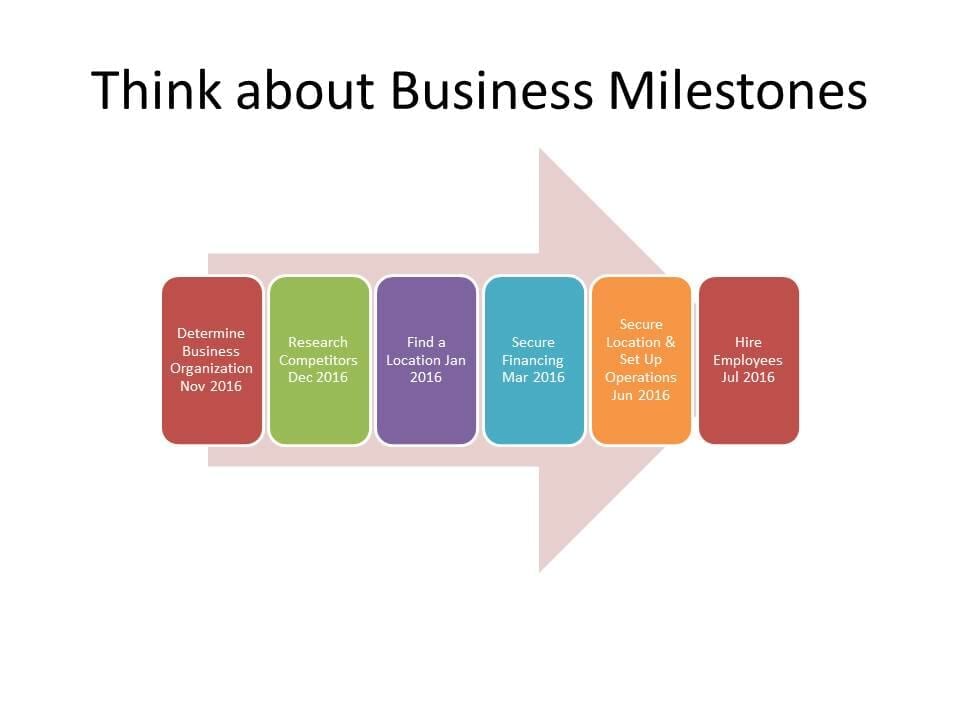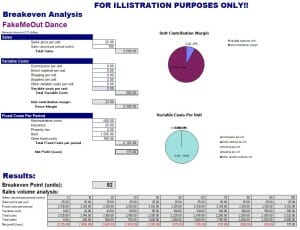
To Plan or Not to Plan THAT is the Question!

I’m not sure if anyone loves business planning, but I’ll admit it does bring me a bit of comfort knowing I’ve set a sense of direction to my focus my energy. Many people tell me that they don’t need a plan. They have all kinds of excuses: my business is too small, my industry is too new, I don’t have time (none of us have time for anytime!), and a few others lovely lines we tell ourselves to avoid the dreaded business plan. Truly, every business needs a plan. It can be very simple or it can be large with many layers. It really depends on your business.
When I was a new writer, I was what they called a “pantser.” That’s an author that writes without a plot outline. While I’m analytically driven in most of my world; my writing needed to flow freely. I didn’t need no stinking outline! Well, fast forward a couple of years, I’m working on the third book in my series. The series has a large cast of characters and a few storylines going on. Halfway through writing the first draft a question hit me. Where am I taking these people? The characters speak to me but so many voices wanted so many things. I understood then that to get them to the right place I needed a plan on how to get them there. The unfortunate thing about outlining in the middle of the series is you now have to go back and figure out all the things you did to get to the point you’re at. It would’ve been MUCH easier if I just documented things from the beginning.
It’s the same with our businesses. Yes. It might be simple and small now, but you’ll eventually get to a space where that question hits you. Where are you taking this business and what’s the best way to get there. This actually should be the first question you ask yourself when you thinking about opening a business. Your business plan is going to outline the steps you decide to follow to get your business to the right destination. And like any journey, there will be deviations from the road, so we constantly have to revisit and maybe remap our business plans.
Now that I’m thinking about a business plan, close the deal!
Everyone wants to know a concrete reason they should spend time doing something. We call it the WIIFM (What’s in it for me!). There are a few good reasons for a business plan.
- It makes you think through all the important items to making your business successful.
- It gives you a baseline or reference point to measure your business against.
- If you want a loan from someone other than your friends and family, you’re going to need one.
- It reminds you of the fundamental reasons you started the business.
Business plans aren’t just about numbers. It’s about documenting all the reasons you think starting a business is the right decision. You lay down the foundations of what your company is about and who it is. It tells you and others why you’re different from the others and why customers should pick you. It outlines who I am as a business person, what my business stands for, how I feel about my employees (even if it’s just me), and how I want to treat my customers. It’s your value statement and much more.
Business Plan 101: The Basics
First thing, there are several formats and ways to write a plan. You can find templates for MicroSoft Word and PowerPoint and I’m sure they have them for Apple products. You can buy software pretty cheap to help you build one. You can also get an online business plan subscription. Software and subscriptions make it easier when you have to think about the financials, but you still have to think through all those numbers before inputting them in the software and they have to make sense.

There are a few must have sections to a plan. If you want to use the plan to get a loan, you will probably have to add some additional information. Here are items to include in your plan:
- Opportunity: this section addresses three main points
- The problem and your solution – why you decided to start this business.
- Target Market – who are your customers and why?
- Competition – who are you competing with in your market to get business? They don’t necessarily have to do the same exact thing as you. As a pole studio, we also compete with regular gyms when it comes to where people spend their fitness dollars.
- Execution: how will it all play out
- Marketing and Sales – how are you going to get people through the door? This must be looked at often. I usually plan monthly activities on a quarterly basis. I think about how much money I have to spend and where will it give me the maximum impact. I even include my free/no cost activities because they still take time and resources. Plus, I can compare them against the activities I’ve paid money to launch. Also, think about who are your “sales” people and how will you incent them.
- Operations – this is probably where we spend most of our time. It’s what classes to offer and when. Who’s going to teach? Is there a cleaning person or are you the janitor too? Where are we located? Lots of impactful questions to be answered in this section.
- Milestones and metrics – where do we need to get things done and how will know if we’re successful? You need to think about what it will take to launch this company each step of the way. Maybe we’re going to start small and grow over the next several years. Or we’re going to go big or go home. How long will the build out take? When do you need to start looking for instructors? What will successful sales look like? Please remember to be realistic in your planning!
- Company: what does your company bring to the community and what will it give back to it
- Overview – I like to put a short description of the company and then insert my mission or vision statement for the company.
- Team – who are the players? You need to list your team and provide a short bio of what they bring to the company. (if this is a plan just for you to use then you might not have to be so formal with the team portion but assessing your team is important)
- Financial Plan: I always hear the cash register sounds when I work on this section. Sigh…
- Forecast – this is where you will do most of your numbers work. It will take a good bit of research to be able to understand your expenses, your breakeven point, your revenue streams, and how to come up with price points. It’s not easy. You might want to get someone with a strong business background to help with this section.
- Financing – how to you plan to pay for everything. There are many different ways and each will have its own pros and cons.
- Statements – once you have all the numbers, then you can create or have the software create your financial statements. These will help you to see if your actual costs and revenue are on track to your projections.
Start with the Basics and Grow from There!
I can write and talk about business planning ad nauseam, but I won’t. All I’m asking you to do is to start with something basic. The two places where you should focus most of your energy are your opportunity and execution sections. That’s where your “make or break decisions” will be for your business. I know it may sound daunting, but think about this: as a business owner, these are things you deal with every day. If you’re not, then you really should or the business will be in trouble hot, fast and in a hurry.
Happy planning!
- Marketing Plans Made Simple - October 14, 2016
- To Plan or Not to Plan THAT is the Question! - September 9, 2016
- From the Classroom to the Back Office - July 29, 2016


